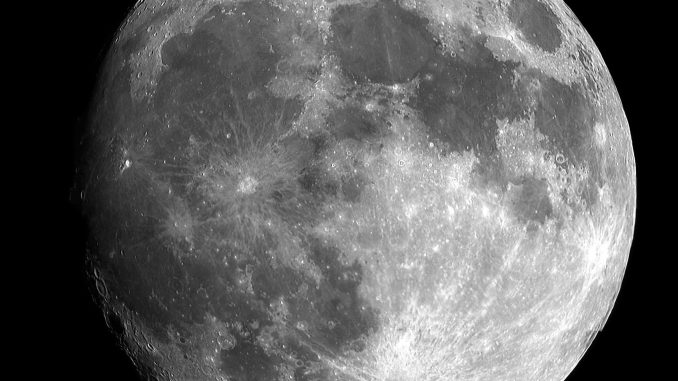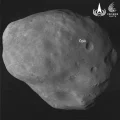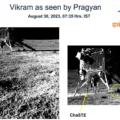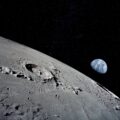
China has made a path-breaking discovery of first-ever on-site evidence of water on the surface of the moon through its Chang’e 5 lunar lander. The Chang’e-5 spacecraft landed on one of the youngest mare basalts located at a mid-high latitude on the moon. It measured water on the spot and retrieved samples weighing 1,731 grams, further lending new evidence to the dryness of the satellite.
The findings provide more clues to China’s Chang’e-6 and Chang’e-7 missions. The investigations of lunar water reserves have gathered the limelight as the building of manned lunar stations are in the pipeline in the next decades.
The device onboard has detected signs of water in rocks and soil
It has happened for the first time that signs of water in rocks and soil have been detected.
Less than 120 parts-per-million (ppm) water or 120 grams water per ton, and a light, vesicular rock carries 180 ppm, which are much drier than that on Earth were found on the landing site.
This all became possible by the lunar lander which measured the spectral reflectance of the regolith and the rock and detected water.
According to the researchers, the rock is estimated to hail from an older, more humid basaltic unit before being ejected onto the landing site to be picked up by the lunar lander.
The additional 60 ppm water in the rock may originate from the lunar interior.
The study revealed that the moon had turned drier within a certain period
A researcher with the Institute of Geology and Geophysics under CAS, Lin Honglei, stated to news agency Xinhua
“The returned samples are a mixture of granules both on the surface and beneath. But an in-situ probe can measure the outermost layer of the lunar surface,”
Further on the study the reason that the moon had turned drier within a certain period is probably due to the degassing of its mantle reservoir.
The researchers said further pointed out that it was the solar wind that contributed to the most humidity of lunar soil as it brought hydrogen that makes up the water.








